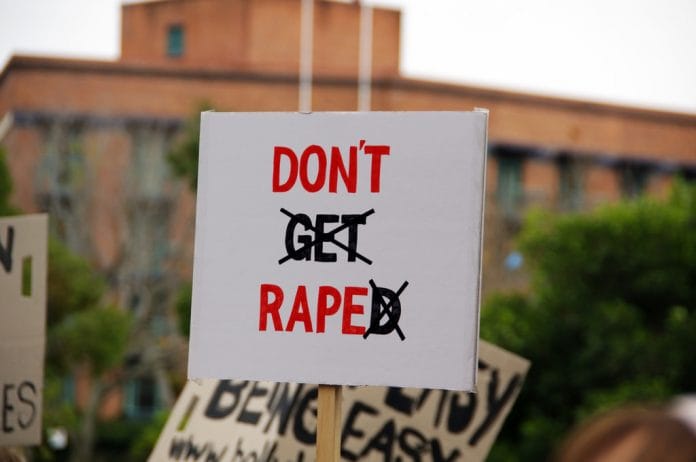Five years since the gang-rape of a 23-year old in the capital left the entire nation shaken, a new Human Rights Watch report has found that survivors of sexual violence are still grappling with the same debilitating culture of humiliation, hostility and harassment across the country’s police stations and hospitals.
Read more on the HRW report here.
What is holding India back from implementing the sexual assault laws passed after Jyoti Singh’s fatal gang-rape five years ago?
The HRW report only goes to show how structures of “due process” often don’t work, especially for women at the intersections of multiple marginalisations.
The very police and justice systems meant to protect, can often end up complicit in the rape culture instead, especially for Dalit-Bahujan, Muslim, Adivasi, trans and disabled women. These are the people who need witness protection the most. Violative medico-legal practices continue to be practiced, and legal aid can be hard to access, especially for women from non-dominant caste and class groups.
The report only cements the fact that rape culture is further propelled by a climate of impunity, especially when powerful men coming from immense social and political privilege often get away. When we have a president of a country boasting about grabbing women, or military men getting away with rapes of women in conflict zones, it just shows the extent of the problem.
Here are other perspectives on sexual assault laws:
Neetika Vishwanath: Lawyer, Centre on the Death Penalty at National Law University, Delhi
Manasi Phadke: Associate editor, ThePrint
Deepika Narayan Bhardwaj: Director of documentary film “Martyrs of Marriage” on misuse of anti dowry law
Madhu Mehra: Feminist lawyer and executive director at a legal resource group on women’s equality and social justice
From personal experience with my own complaints to the police, I want to point out how offences such as stalking, voyeurism, and other predatory behaviour are underreported. If people can’t offer solidarity or support, at least they should not gaslight survivors by saying, “Chalo at least rape toh nahi hua”, or “But it was just stalking.”
This culture of trivializing women’s experiences by saying, “At least it wasn’t X”, or “It could have been much worse” is part of the problem, and we perpetuate this too. #RapeCultureIsWhen we internalise and normalise the supposed “lesser offences”, and lower our threshold of expectations. “It was JUST groping, it could have been worse”, or “JUST rape threats online, there is much worse, so don’t complain”.
Yes, we must acknowledge progress made in the aftermath of the Jyoti Singh Pandey case. But we still need more sensitization and accountability. After news of Harvey Weinstein’s predatory behaviour started coming out and the #MeToo movement and list of assaulters in academia became viral, many asked: “Why didn’t the survivors talk about this earlier or report this to authorities?”
But when we do report or speak up, then we’re invasively questioned by the police, law-enforcement, family, workplaces. We are made to feel responsible for our own assault by the very committees and people who were instituted to help us, even by the people who ask us to talk about sexual assault.
Sabah K. is a journalist at ThePrint, and a survivor of sexual assault






